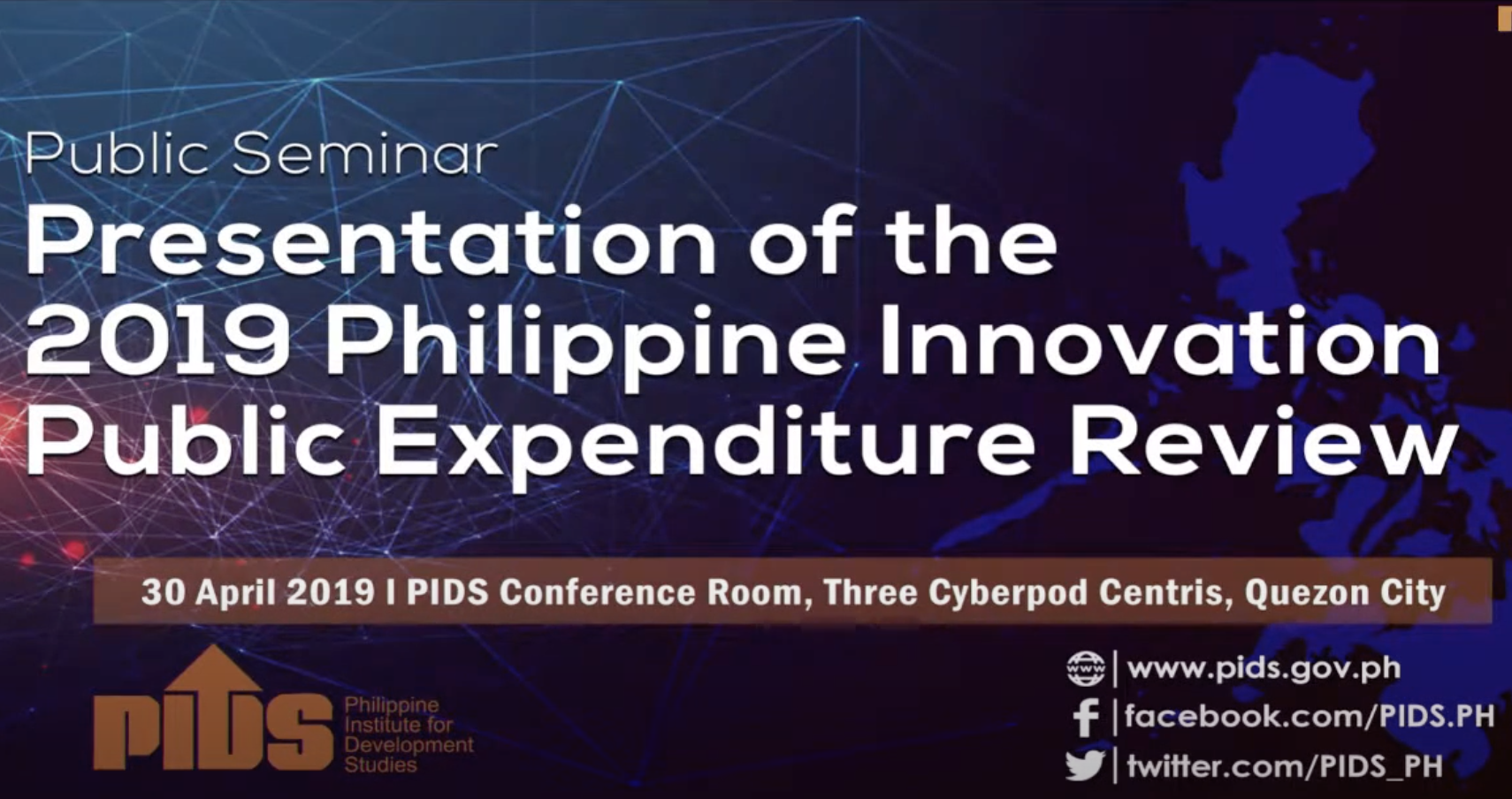WE support calls for reviewing the basic education program, better known as K to 12. But the purpose should be to enhance it, rather than revert to the old program that learners completed in only 10 years. Fortunately, retaining a 12-year program, the global standard, seems popular among lawmakers and others in government. Still, shortening the program should be dismissed from the onset.
Earlier, lawmakers approved resolutions to create the Second Congressional Commission on Education or Edcom 2. The coming 19th Congress should pick up where the work left off, sooner rather than later.
Regardless of how the review is to be conducted, fundamental questions should be covered. One is the purpose of basic education. Sen. Sherwin Gatchalian, who filed a resolution for Edcom 2, said the education program has failed to resolve the job-mismatch issue. Indeed, that is a serious problem, but job-matching is a tricky proposition in today's Age of Disruption.
With so much innovation taking place and new industries being created, what should be taught to learners today when policymakers and legislators do not even know what jobs or skills will be in demand years from now? Also, designing an education program merely for placement may be limiting high school graduates to employed positions. The educational system should also encourage them to become entrepreneurs.
Another point is that ensuring placement in only two years after graduation should not be the sole responsibility of senior high school students. Preparing learners to be productive in society should start much earlier, perhaps even before kindergarten.
Education experts have identified the importance of pre-school education, particularly the role parents play as the first teachers of their children. How parents talk to their child, for instance, can have lasting benefits or consequences. Engaging children in conversation, and not merely giving them command words, seems particularly important, according to studies.
Also, encouraging children to read, even before formal schooling, seems equally important in developing communication skills, nurturing their self-confidence and building a foundation for a lifelong habit of learning. Thus, teaching Filipinos how to be better parents should be part of the Edcom 2 agenda.
As for entrepreneurship, teaching learners how to create or innovate has its own set of challenges. For one, more learners should be interested in science and mathematics. But the Philippine Institute for Development Studies (PIDS), which Mr. Gatchalian proposes to tap as a research arm of Edcom 2, earlier reported that fewer learners are keen on studying those subjects.
The Department of Science and Technology (DoST) conducted its own study, which contradicts PIDS. But even if the DoST's research proves to be more accurate, there is, as they say, room for improvement. Crafting policies that encourage learners to take up science and math will help young Filipinos to be productive in a rapidly evolving global economy.
Complementarity
Lastly, Edcom 2 should seek to operationalize the complementarity between public and private schools. That public-private partnership is recognized in the 1987 Constitution but never implemented with an enabling law.
Private schools can be a force multiplier for the public education system. For example, private schools can help decongest classrooms by accommodating more students who rely on free education. This is addressed by the voucher system for learners who can choose his or her school. In many cases, though, the voucher amount does not cover the full tuition in private schools. Also, more vouchers should be given to learners from families with modest means. But how will this be funded?
On a related issue, private schools have suffered from well-meant policies. For instance, increasing teachers' salaries benefits only those in public schools. Meanwhile, most private schools lack the resources to match the pay increases given by the government to public school teachers. That complicates the hiring and retention of good teachers in the private schools. Policymakers should mind their ability to provide quality education because their private capital helps create a public good.
Certainly, there are other education reforms that should be discussed. But without help from the private sector, success seems more difficult to achieve.








